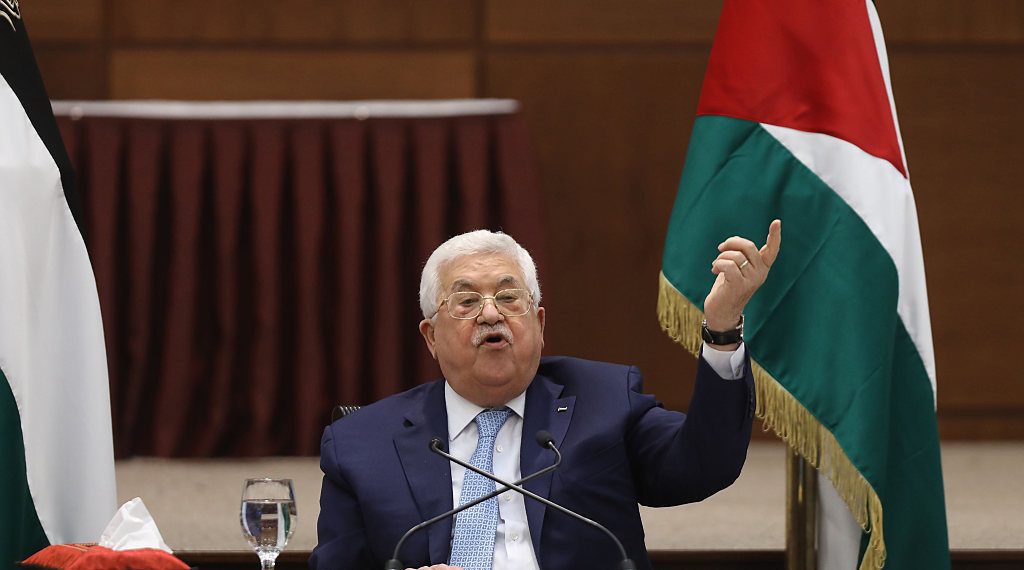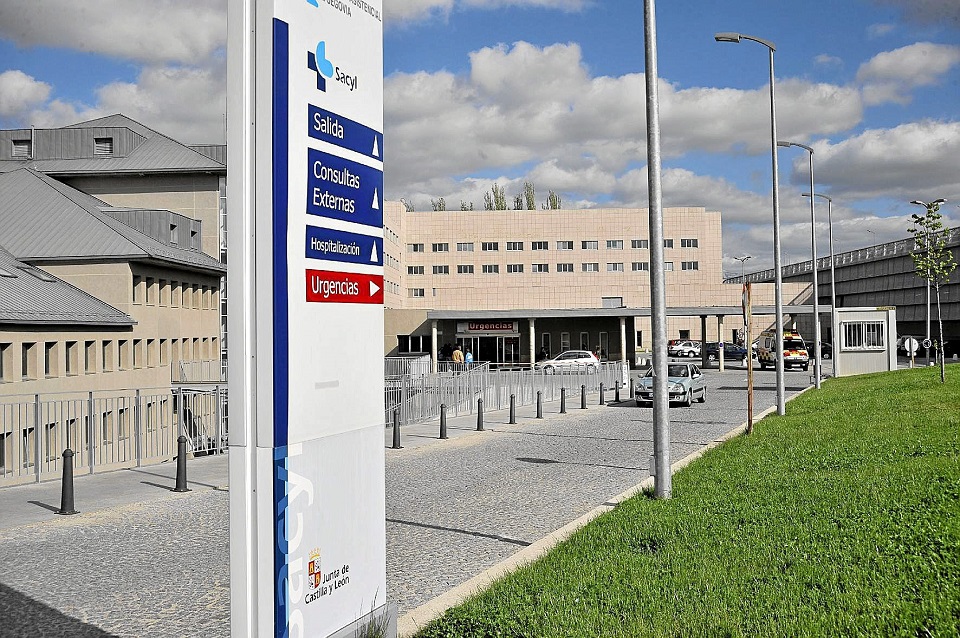On September 22nd, the Palestinian Authority’s foreign minister Riyad al-Maliki announced that they will not chair the Arab League for the second part of 2020. Surprising? Not really. Palestine has had a long, complex history. So did Israel.
The roots of the conflicts can be traced back to the 1916 Sykes-Picot agreements. These latter were signed between the Brits and the French to split the Middle-east into areas of influences and mandates, foreseeing the collapse of the Ottoman Empire. The UK also shaped the political regime, leading the 1916 Arab revolt and placing the Shariff of Mecca’s sons as kings of Iraq and Jordan. Palestine at that time was an Arab entity, and Jerusalem was supposed to be placed under International Administration. During decades, Jewish immigration increased, thanks to the growth of Zionism in Europe and the 1917 Balfour Declaration that stated the support for a National Homeland for the Jewish people. Tensions increased and it led to the 1947 UN partition plan: dividing the Palestinians between two states: Israel and Palestine. So yes, Palestinians had their chance to have their Arab State in Canaan: they refused the plan. The 1948 declaration of the State of Israel should then be no surprise. 72 years later, the Palestinians were proposed to have a state, again. In January 2020, Trump presented a pseudo peace plan, trying to introduce the two-state solution as the only valuable outcome. Mahmoud Abbas, the Palestinian authority president directly rejected the plan, affirming that “Jerusalem was not for sale”.

Now, here we are: they are (almost) quitting the Arab League. Their main reason, they say, is the agreements that started the normalization of Arab-Israeli relations. Not so long ago, on September 15th, Bahrein, Israel, and the United Arab Emirates signed a record deal at the White House. More than being a foreign political coup for Trump’s potential reelection, it has been seen as a disgrace by both Palestinian parties. However, Palestine stands alone in this claim: the different ministers from the Arab League nations agreed not to condemn the deal and the normalization of relations between Arab countries and Israel. Why? Trade and Iran. Gulf States and Sunni-majority States not only fear Iran, but they also are ideologically and politically opposed. And so is Israel. If all countries are opposed to Iran then it’ll be easier to have a back up as the US is the biggest Persian enemy. So strategically the deal is a good thing, for westerners at least. Palestinian political parties set a new political agenda as Fatah and Hamas agreed to organize the first elections in nearly 15 years. it’s a massive event for the Palestinian history but no one knows what to expect. The last elections were held in 2006 when Hamas surprisedly won. After holding talks in Ankara last week, the deal has been reached, which brings hope to the people of Palestine. The Palestinian population, whose majority has emigrated to Jordan, can now work together on their national cause. If political parties are not able to accord themselves to stand for their revendications, how could they ever imagine to have their own State? It makes no sense. Now, they have the opportunity, once again, to claim their will to obtain a state for their nation. As we’ve witnessed since the roots of the conflict, if Palestinians are to have a State, it’s something they have to fight for by themselves. Even though the majority of the Arab Nation (which by this I mean Arabs living in neighbouring countries) is supporting their cause, none of them will try to intervene in their struggle: they already did in 1973 and the success was null. So now, it’s in the Palestinians’ hands to agree on what way to take to gain their independence.







